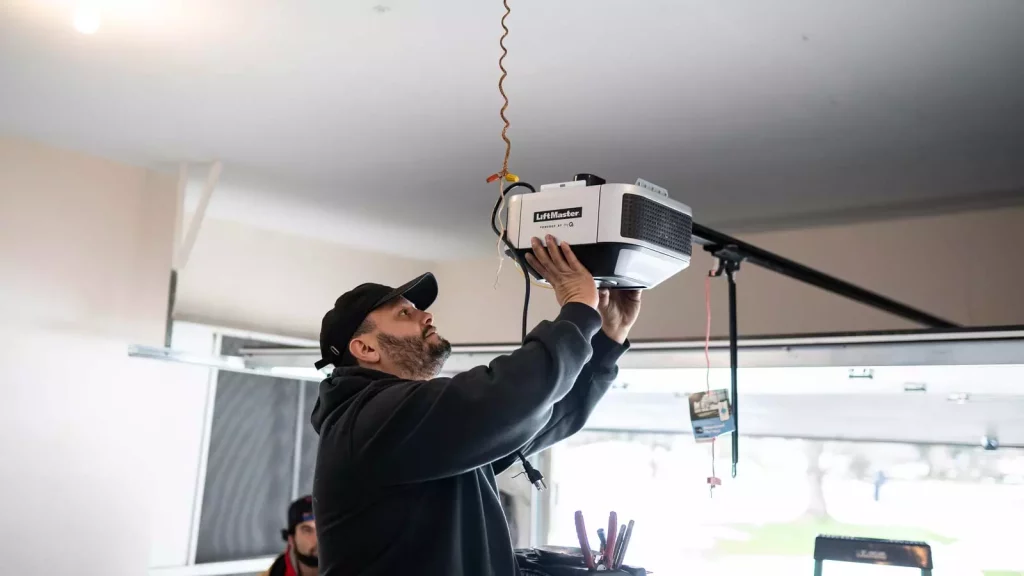Curious about the lifespan of your garage door opener? Delve into the longevity of this essential device and discover factors that influence “How Long Does a Garage Door Opener Last” to make informed decisions for your home.

Deciphering the Mystery: The Lifespan of a Garage Door Opener
Understanding the lifespan of a garage door is crucial for homeowners seeking reliability and cost-effectiveness. Before exploring the factors that influence longevity, let’s answer the fundamental question: “How Long Does a Garage Door Opener Last?”
Read too: Mastering the Art of M Line 4500 Garage Door Opener Troubleshooting: A Comprehensive Guide
Determining Factors
- Frequency of Use: The more frequently a garage door operates, the shorter its lifespan. Consider how often you use the garage and choose an opener rated for the anticipated workload.
- Quality of Components: The durability of the materials used in manufacturing plays a significant role. High-quality components tend to have a longer lifespan, providing better overall performance.
- Regular Maintenance: A well-maintained garage door lasts longer. Regular lubrication, inspection, and minor repairs contribute to the device’s health and functionality.
- Environmental Conditions: Extreme temperatures, humidity, and exposure to the elements can impact a garage door opener’s lifespan. Opt for models designed to withstand your local climate conditions.
How Long Does a Garage Door Opener Last: Unraveling the Numbers
Now, let’s explore the specifics of the typical lifespan of a garage door and factors that contribute to its longevity.
On average, a well-maintained garage door can last anywhere from 10 to 15 years. However, this estimate can vary based on the factors mentioned above.
Choosing the Right Opener for Longevity
- Consider Usage Patterns: If your garage door is frequently in use, invest in a heavy-duty opener designed to handle high cycles.
- Prioritize Quality: Opt for garage door openers from reputable brands with a history of producing durable and reliable products. Quality often outweighs initial cost.
- Routine Maintenance Schedule: Establish a regular maintenance routine, including lubricating moving parts, tightening screws, and checking for any signs of wear or damage.
- Climate-Specific Features: Choose a garage door with features that protect it from extreme temperatures, moisture, and other environmental factors prevalent in your area.
Signs Your Garage Door Might Need Replacement
- Unusual Noises: Grinding, squeaking, or clunking noises can indicate internal issues.
- Slow Operation: A significant decrease in the speed of your garage door may signal wear or malfunction.
- Inconsistent Operation: If your garage door operates erratically or inconsistently, it may be time for a replacement.
Conclusion: Prolonging the Lifespan of Your Garage Door Opener
In conclusion, the lifespan of a garage door is influenced by various factors, and understanding them empowers homeowners to make informed choices. By choosing wisely, conducting regular maintenance, and being attentive to signs of wear, you can extend the life of your garage door and ensure its reliable operation for years to come.
Share this guide with fellow homeowners to help them make informed decisions about their garage door opener’s lifespan. Remember, knowledge is the key to unlocking the secrets of “How Long Does a Garage Door Opener Last.”
Extend the life of your garage door and enjoy hassle-free operation in the years ahead!



Leave a Reply